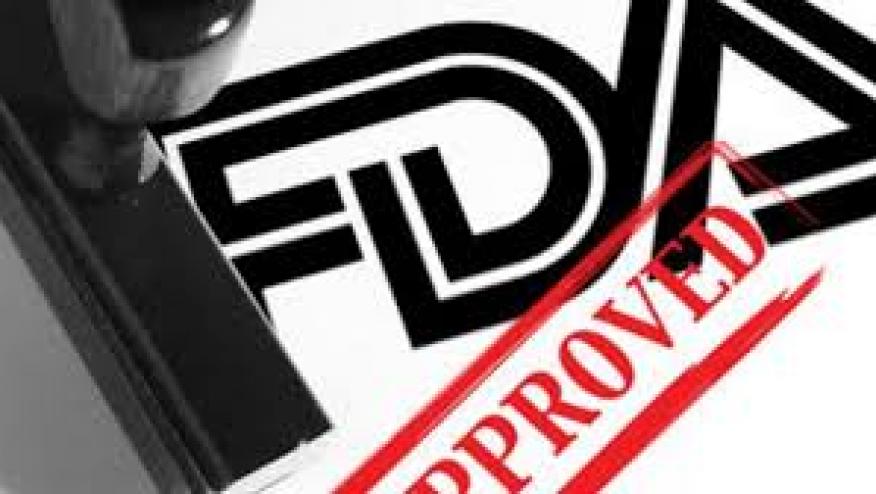Actemra - First FDA Approved Drug for Giant Cell Arteritis Save

Genentech announced on May 22 that subcutaneous (sc) tocilizumab (TCZ) was granted FDA approval for Giant Cell Arteritis (GCA) – also known as temporal arteritis.
TCZ was shown to be effective in the landmark GiACTA study presented at the Annual ACR meeting in November 2016. The FDA gave the drug Breakthrough Therapy Designation In October 2016 and granted a priority review for this indication in January 2017.
Actemra (IV and sc) is currently approved for use in moderate to severely active rheumatoid arthritis. The IV formulation iwas also FDA approved for use in polyarticular juvenile idiopathic arthritis (JIA) and systemic JIA (over age 2 yrs.). The approval of sc TCZ for GCA becomes the sixth FDA approval for TCZ since its initial approval in 2010.
The new indication for GCA is based on the phase III GiACTA study that demonstrated that TCZ with steroids was superior to steroid therapy alone. GiACTA was a 52-week, Phase randomized, double-blind, placebo-controlled trial that included 251 patients, from 14 countries, with either newly diagnosed or relapsing GCA. All patients received initial prednisone (that was tapered over 26 or 52 weeks); half were on placebo and the other half received TCZ 162 mg (either weekly or every other week) in addition to prednisone. The primary endpoint was sustained remission from week 12 to week 52.
Patients treated with TCZ had sustained remission in 56 % of patients receiving weekly TCZ and 53% receiving every-other week dosing (compared to 18% of placebo treated patients at 52 weeks). Time to first flare following clinical remission was significantly later in both TCZ treated groups compared to placebo. Impressively, 56% of TCZ patients were in steroid-free disease remission at one year, compared to 14% for those on steroid only taper regimen.
Thus TCZ had a significant steroid-sparing effect in this study. No new safety signals were observed at the time of this analysis. Adverse events were similar to those seen in previous TCZ developmental clinical studies. The rate is serious infections in GiACTA was events was 9.7 per 100 patient years in the Actemra weekly group and 4.4 per 100 patient years in the every other week Actemra group. There were no bowel perforations noted in the trial.
GiACTA is a 3 year study and the open-label portion is ongoing.
The package insert (http://buff.ly/2qet87H) states that sc TCZ is indicated for use in adult patients with GCA. The recommended dosing is 162 mg given once weekly as a subcutaneous injection, in combination with a tapering course of glucocorticoids. Every other week (162 mg dose) may be prescribed based on clinical considerations. The use of TCZ in GCA comes with the same warnings and precautions seen with other (e.g., RA) indications, including warnings about serious infections, GI perforations, the need for monitoring neutrophil counts, hepatic enzymes and lipids. Patients should be screened for TB infection and live vaccines should be avoided with TCZ.










If you are a health practitioner, you may Login/Register to comment.
Due to the nature of these comment forums, only health practitioners are allowed to comment at this time.